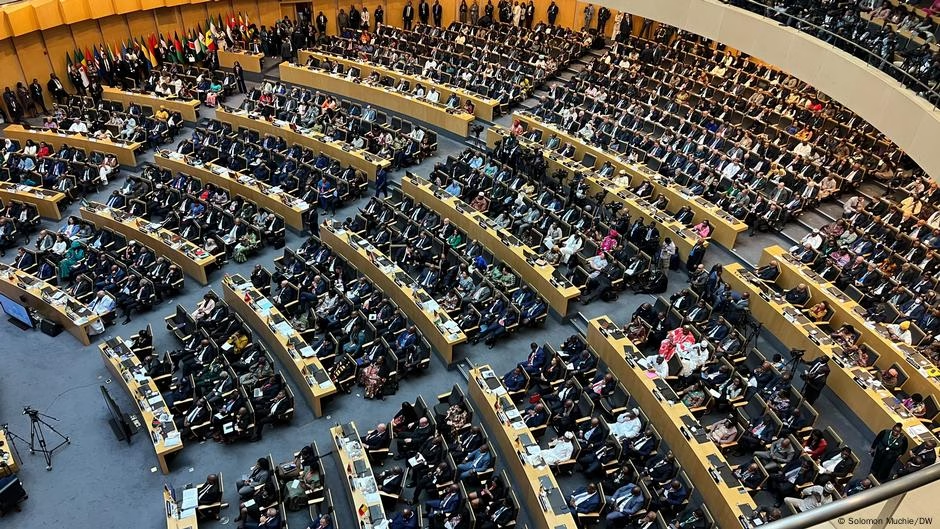The recent African Union (AU) summit addressed the legacies of colonialism, slavery, and systemic discrimination on the continent. The February gathering in the Ethiopian capital, Addis Ababa, focused on reparatory justice and racial healing for Africans and people of African descent.
Following the summit, which was dominated by the conflicts in Sudan and the Democratic Republic of Congo, the Algerian foreign ministry issued a statement commending the adoption of a decision “to classify slavery, deportation, and colonization as crimes against humanity and acts of genocide perpetrated against African peoples.”
This historic decision, initiated by Togo under the leadership of President Faure Gnassingbé, marks a significant step in recognizing the profound harm inflicted upon Africa over the past five centuries, reported the African Press Agency (APA).
“The decision to classify slavery, deportation, and colonization as crimes against humanity and genocide against the peoples of Africa is a crucial step, a victory for Africa in its quest for self-determination and control over its own destiny,” according to a statement by Professor Robert Dussey, the Togolese Minister of Foreign Affairs, following a vote on the resolution initiated by his country.
Beninese historian Professor Didier Houenoude believes that the resolution could strengthen Africa’s position in international negotiations on memory, justice, and historical inequalities. “This means that the African Union could request compensation from colonial nations, that is, Western nations that participated in the transatlantic slave trade, for the victims who suffered from these practices,” he explained.
Christian Tomuschat, professor emeritus of public law and international law at Humboldt University in Berlin, questions the significance of the text. “I respect the view that colonization constituted a crime against humanity. One can pass such a resolution, but it carries no legal consequences, even under modern international law doctrine,” Tomuschat said.
The International Criminal Court (ICC) is responsible for prosecuting people accused of genocide or war crimes. Article 7 of its statute defines crimes against humanity as referring “to any of the following acts when committed as part of a widespread or systematic attack directed against any civilian population, with knowledge of the attack.”
The definition includes murder, extermination, enslavement, deportation, torture, rape, sexual slavery, and apartheid. However, no other international legal mechanisms allow African states to demand binding reparations. Some legal experts believe that this resolution could encourage
Source: https://www.dw.com/en/au-summit-effects-of-genocide-classification-on-africa/a-71877300?maca=en-rss-en-all-1573-rdf








